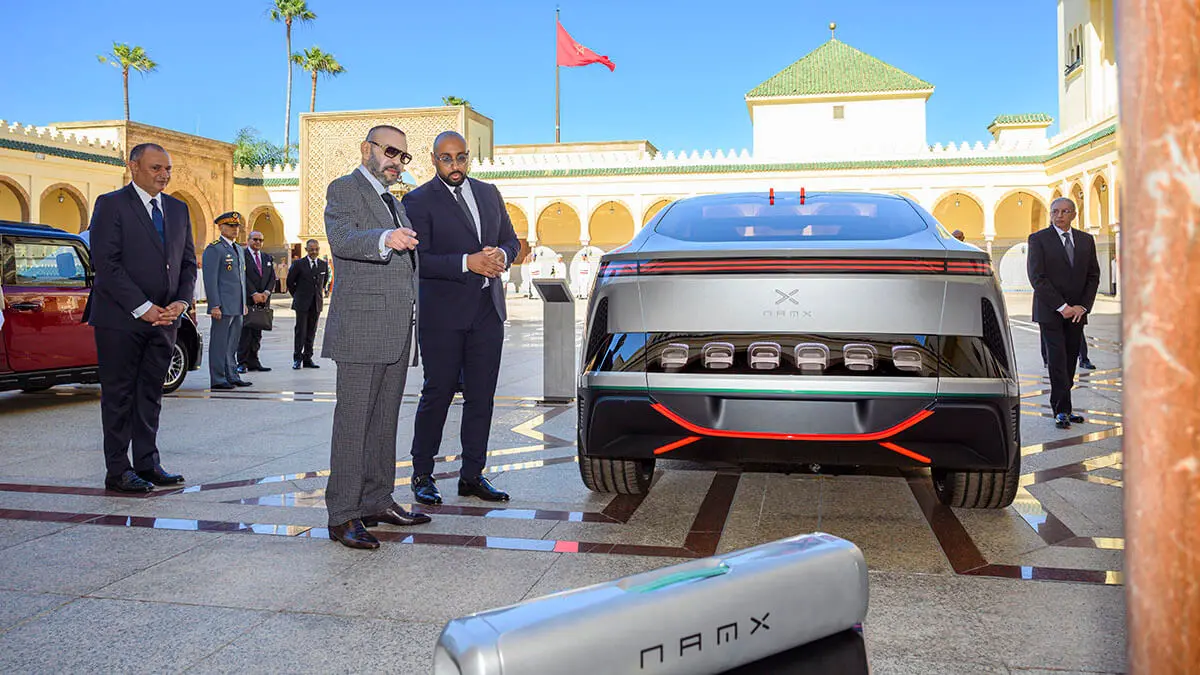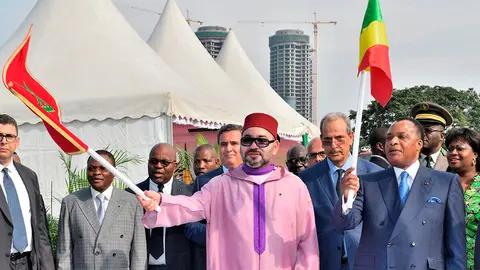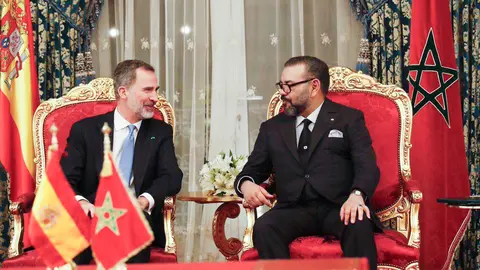The Winds of Change: Morocco's 25-Year Journey

Key Drivers of Economic Transformation
What catalyzed this rapid growth in the Moroccan economy? What factors led to the tripling of GDP, significant expansion of the middle class, reduction of poverty to record lows, and the achievement of international competitiveness for Moroccan businesses, particularly in sectors termed as " Morocco Global Trades"?
Leadership as a Catalyst for Change
Change requires strong leadership, and leadership is an inherently political disposition that does not tolerate a narrow, technocratic approach. From the outset of Morocco's "New Era," initiated by King Mohammed VI, there was an urgent drive to correct economic distortions, implement bold public policies, and tackle challenges with a clear political vision. Effective leadership involves adopting clear, forward-thinking visions, which King Mohammed VI has consistently demonstrated—whether in democratization, political modernization, sectoral economic policies, or social strategies aimed at combating poverty and vulnerability while empowering marginalized groups.
Leadership also entails empathy, establishing systems for monitoring and accountability, making decisive choices, delegating responsibilities, and continually learning and adapting. These practices have become integral to Morocco's public policy culture under King Mohammed VI, who has consistently used official occasions to communicate (communication being a cornerstone of leadership), inspire, and motivate stakeholders in their work, planning, and management.
Boldness and Fearlessness in Facing Challenges
Morocco's progress toward modernization and democratization from 1999 to today can also be attributed to boldness and fearlessness, whether confronting the past, present, or future. King Mohammed VI guided Moroccans toward reconciliation with their past, addressing its pains and wounds, and led the amendment of the Family Code to enhance women's rights, all while upholding the principle of diligence in matters of religion.
Under King Mohammed VI's leadership, Morocco confronted the challenges of the Arab Spring with unique courage, proposing constitutional reforms in response to the demands of the "February 20 Youth" movement. Later and despite the coronavirus pandemic and the subsequent economic and social crises, the King emphasized the importance of investing in capacities by adopting a comprehensive social protection system.
Overcoming Obstacles
The path over the past 25 years has not been without obstacles and challenges. King Mohammed VI has accustomed Moroccans to facing the truth when policies do not meet the desired objectives. In 2017, he called for a new development model, recognizing that while reforms had borne fruit, they had not fully achieved social and geographic justice or sustainable and stable growth. The pandemic highlighted the fragility of the social system, prompting the King to advocate for an integrated social coverage system, including compulsory universal health coverage, family compensation, unemployment benefits, and retirement pensions, alongside improvements in infrastructure, health services, and pension reforms. This was to be achieved through a social dialogue aimed at reaching political consensus among all stakeholders.
The Counter-Cyclical Approach
A significant factor in Morocco's transformation under Mohammed VI's reign is the "counter-cyclical approach"—investing during times of crisis. Following the 2008 financial crisis and subsequent economic turbulence, Morocco accelerated its investment efforts. The idea is to prepare for the post-crisis period, ensuring readiness when recovery begins. Governments adhering to austerity may maintain macroeconomic stability, but they fail to invest in the future, missing opportunities when recovery begins. Amid the pandemic's challenges, King Mohammed VI directed investments towards enhancing the human capacities of Moroccans by universalizing social coverage, seeing this as an investment in the future, essential for a healthy, active, and productive society.
Vision for the Future
Looking towards the future is a hallmark of leadership and good governance. Senior leaders must articulate a vision of future success, which forms the foundation for government strategies and action plans, supported by well-defined budgets and performance indicators. This results-oriented management has been crucial to the success of Morocco's development. The ultimate goal is to join the ranks of emerging nations and ensure a dignified life for all citizens, within a free and democratic society, underpinned by an economy built on knowledge, culture, resource sustainability, and robust regional and international relations that foster coexistence, peace, and cooperation among nations.



